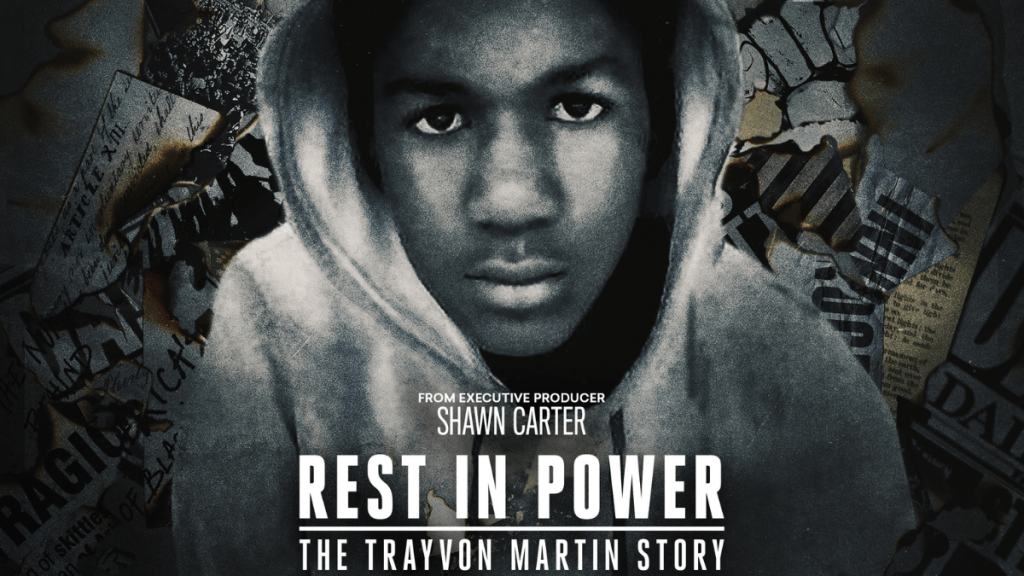The story of George Zimmerman shooting Trayvon Martin remains a major element in the narrative of American politics. On February 26, 2012, Zimmerman, a Hispanic, fatally shot a 17-year-old African-American, Trayvon Martin. The incident led to starkly polarised outrage and politically charged debates and discussions on popular American media. The trial ended on July 13, 2013, with Zimmerman being acquitted of second-degree murder.
According to George Zimmerman, who was the neighbourhood watch coordinator at his gated community, he acted in self-defence. When the police arrived in the neighbourhood after hearing the gunshot, Trayvon Martin was already dead. Zimmerman was found with some head injuries which he claimed were caused by Martin who allegedly punched him repeatedly. Trayvon Martin was completely unarmed and 17 at that time.
The police then questioned George Zimmerman, and the trial began in June 2013. Although the court acquitted Zimmerman of second-degree murder charges, it was followed by a three-year inquired on Zimmerman on civil rights charges. The inquiry too stated that there wasn’t adequate evidence to hold Zimmerman accountable for any civil rights violation against Trayvon Martin.
The US Department of Justice went on to suggest that Zimmerman’s actions did not qualify to be considered a hate crime. Several activists and the invested public began questioning the standards that the system considers when reading into such crimes. Moreover, Zimmerman’s association with several other crimes that followed his acquittal created widespread suspicion among the followers of the case.
How long did George Zimmerman’s trial take to conclude?
George Zimmerman’s trial was a rather short one considering the impact it had on the public’s political standing. A case that was evidently complicated and included multiple social, cultural and political dimensions, ran for a mere month. The trial began on June 10, 2013, and Zimmerman was acquitted on July 13, 2013. While the shooting took place in February 2012, Zimmerman was charged only in April 2012, more than a year before the trial began.
The US Department of Justice’s inquiry, however, was a primary procedure in knowing more about the shooting. The three-year investigation, despite concluding in a lack of evidence against Zimmerman, conveyed how cases such as these are generally dealt with.
The legal consequences of the shooting, however, did not end there. Zimmerman went on to sue Trayvon Martin’s family and others involved in the process for $100 million accusing them of abusing the process and the presentation of false evidence. The court dismissed his claims.
Zimmerman had other interactions with the system. There were multiple domestic violence complaints by his estranged wife and girlfriend. His girlfriend accused him of pointing a gun at her during a domestic violence incident. Cases of road rage were also found to be frequent in George Zimmerman’s history. These other incidents became a popular part of the political narrative as debates about Martin’s shooting continued.
Rest in Power: The Trayvon Martin Story follows Trayvon Martin’s murder, George Zimmerman’s trial and how the process kick-started the Black Lives Matter movement. The documentary premiered on Paramount in 2018.








